Whenever a video game utilizes classic narrative and gameplay tropes, it may be difficult to not see it as derivative rather than as a homage. The previous title from developer Hazelight and director Josef Fares, A Way Out, had this pitfall. However, the studio’s follow-up cooperative-only title, It Takes Two, demonstrates that variety and humor are key ingredients for turning familiar elements into a unique blend.
It Takes Two is a quirky yet heartfelt journey that explores the nuances of relationships through puzzles in colorful worlds. The story and many of the gameplay segments recall other games and even some movies, but there are numerous ideas and mechanical curveballs that turn this game into an unpredictable adventure.
To use other reference points, It Takes Two feels very much like a cartoon movie that would have come out in the 1990s or 2000s. It tackles personal issues in a manner that young audiences can digest and adults can appreciate, while featuring a bright aesthetic that personifies familiar household objects and animals. To me, it was reminiscent of The Brave Little Toaster movies with how the inanimate came to life, with a lot of Pixar as well — think of how Inside Out or the recent Soul turned abstract concepts such as thought and passion into something concrete and tangible. But using the video game medium proved to have its advantages in this title.
It takes two to tango

May and Cody are two middle-aged parents with a strained relationship who intend to get a divorce, adding strife to their daughter Rose. After the imaginative young girl sheds tears on two of her dolls, both based on her parents, May and Cody wake up to find that they have transformed into these dolls. Guided by Dr. Hakim, a sentient “Book of Love,” the estranged couple embarks on a lengthy journey to revert back to their regular selves, while Dr. Hakim encourages them to revitalize their relationship.
This odyssey takes them to different parts of the house, all presented as lively, surreal landscapes. A snowglobe chapter takes the form of a vast icy and wintery wonderland; a cuckoo clock contains an entire town of wooden denizens, with a large clock tower as a centerpiece; and one of the first chapters takes place in a tree outside the house, depicting a bitter and violent war between squirrels and wasps. How these worlds function and the true nature of their existence is unclear, but there doesn’t have to be an explanation — it’s what they all represent.
We’ve all seen fiction that tells the story of divorce, and the details and dynamic of the Cody and May relationship isn’t necessarily something we haven’t seen before. But through the medium of a game, we as players can take more time to dissect it. Their rift comes from insecurity and resentment, rather than any animosity, and each of the game’s chapters is devoted to a different aspect of their life together before focusing on them as individuals. It Takes Two is novel in its approach of combining story themes with gameplay mechanics, even though the game is far from subtle about how it does so.
It takes two to make a thing go right

It Takes Two requires cooperative play with two people, either locally or through online play — a free Friend’s Pass makes the game accessible even if only one player owns it. The bulk of the game is puzzle-solving, and every story chapter presents different gameplay gimmicks for May and Cody. Take for instance the opening Shed chapter, which gives May a hammerhead and Cody some nails. May can use the hammerhead to hit buttons and break objects, while Cody can throw nails to keep objects in place, or more often to give May something to swing on with the hammer.
Eventually, the thematic nature of these mechanics become more clear — the Cuckoo Clock chapter gives May the power to create a clone, representing her desire to be in more than one place at a time; and Cody can turn back time for objects, a metaphor for some of his past regrets. The subsequent chapter called Snowglobe has Cody and May wield magnets, as Dr. Hakim attempts to rekindle their attraction. It’s very cheesy and wink-wink as the characters observe these metaphors out loud, but the gameplay mechanics themselves are actually quite solid.
While entire chapters are devoted to their respective gimmicks, the game is never repetitive. Even with each character using the same toolset for an hour or two, the puzzles and eventual combat sequences utilize that toolset in so many different ways. It Takes Two is delightfully unpredictable; in the same chapter, you’ll be walking on walls in space, then driving a paddleboat in tandem to fight a giant octopus, and then transitioning into a literal dungeon crawler with magical abilities.
If there’s a criticism to be found here, it’s that there might be too much in the game — It Takes Two has a playtime of around 10 to 14 hours, and playing it in spurts might be the way to go when it throws so many things at you. To both its benefit and detriment, It Takes Two doesn’t seem to waste any ideas Fares and the studio may have had.
It takes two to make it outta sight

Even if It Takes Two might be too long, it would be hard to cut anything out. All of the worlds and biomes are so well-realized, and the visuals are quite stunning. The Cuckoo Clock chapter is certainly a highlight, combining a sense of playfulness with this vintage wooden aesthetic to create a plausible fantasy town embedded in a real object, and the final clock tower section is truly arresting from both the art design and the presentation.
The main characters are just about as well-realized, and much of Cody and May relationship should ring true with all of our real-life pain points when it comes to domestic life and partnerships. But whenever Dr. Hakim shows up, it’s difficult to not roll your eyes. This living book of advice character is a real scenery chewer, flaunting a bombastic personality and borderline Latine stereotypes while never being truly funny or saying anything profound. And there are some fun supporting characters here — the hammerhead from The Shed, or some frog taxis in the Garden, but a lot of these characters are either offed abruptly and darkly or just never mentioned again.
The verdict

It Takes Two is perfect for anyone looking for a pure co-op experience, and depending on who you choose to play with, it could even provide insight or strengthen your own relationship. Communication and coordination are the obvious traits needed, but trust and dependence are a big deal as well, as your characters of May and Cody need each other to progress and survive. Pick someone who operates at the same wavelength as you, someone who will understand your thought process and how you reached certain solutions.
The gaming industry rarely puts out games that are built and designed entirely around cooperation — most co-op experiences might as well be single-player games that happen to allow a slightly larger player count. It Takes Two is refreshing and endearing, and it’s quite relentless in making sure that your mind is never idle. Let it have its way with you, and perhaps you’ll learn something about yourself along the way.
Final score:
9 / 10
| + | Stunning art style with a wide range of visuals |
| + | Fun unpredictable nature to gameplay mechanics |
| + | Clever puzzles that never feel cheap |
| – | Supporting characters that are either annoying or abandoned |
| – | Much too lengthy for the story it is telling |

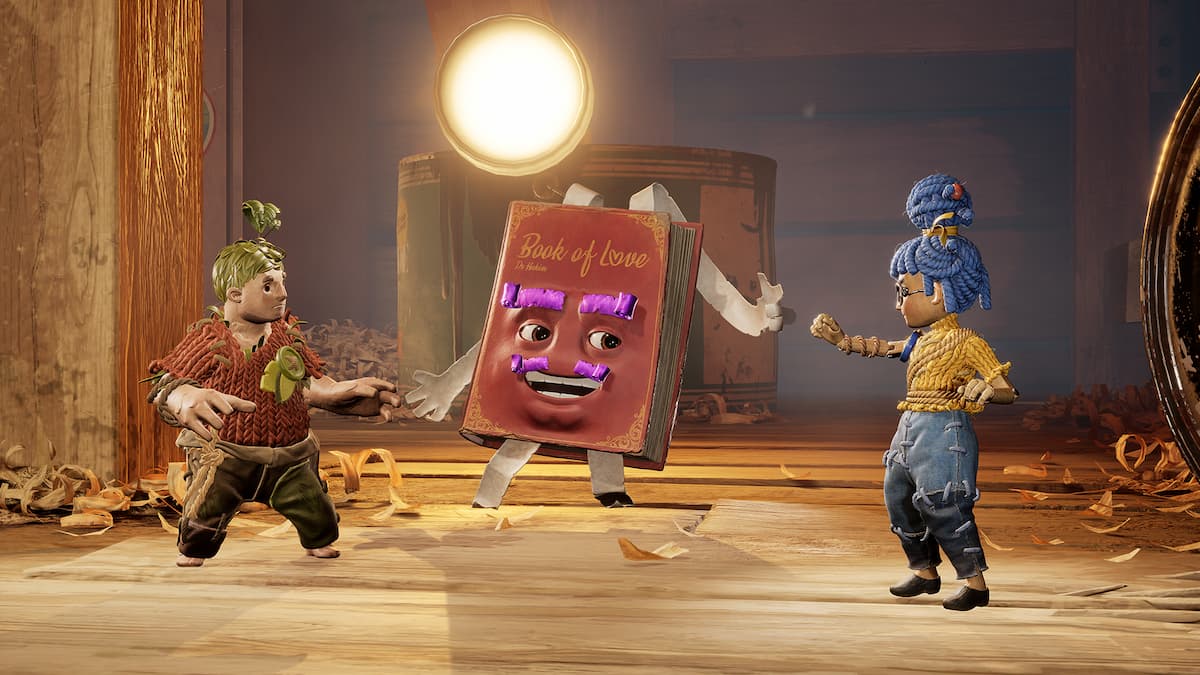
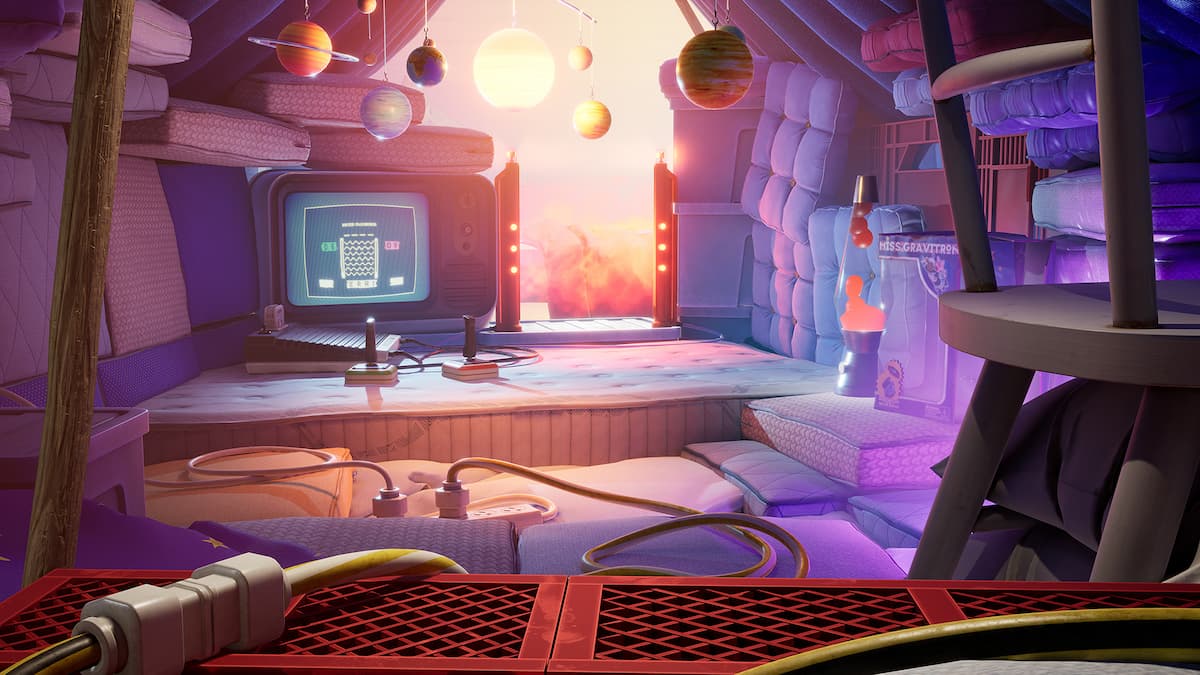
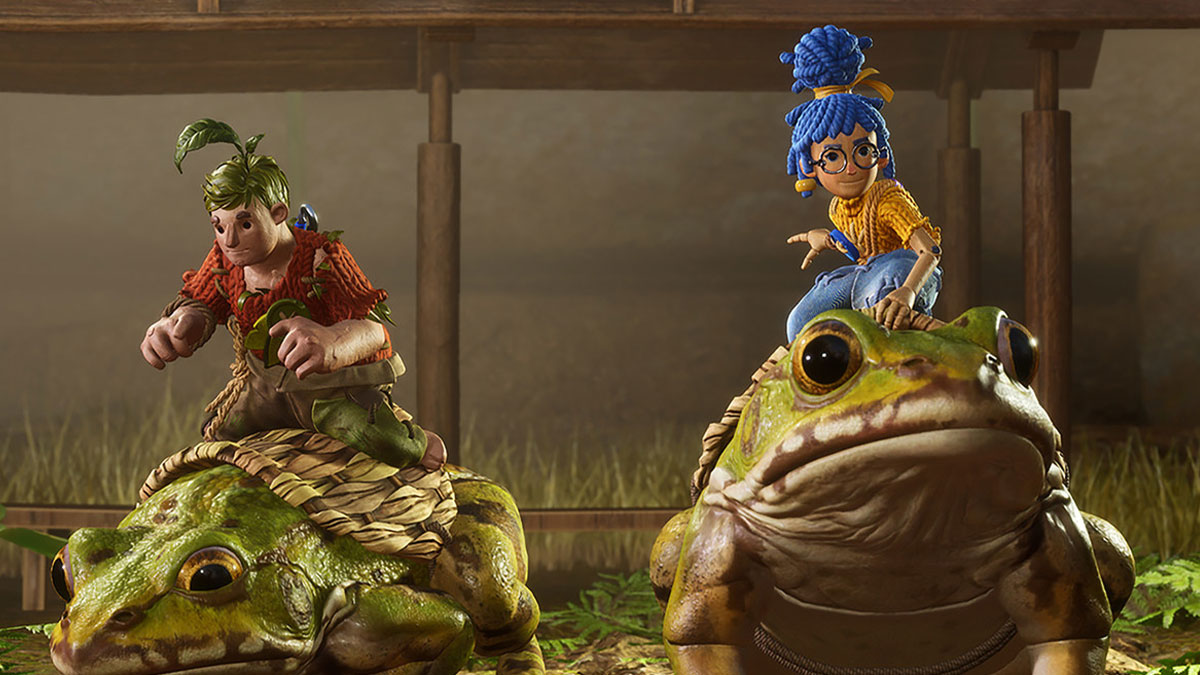
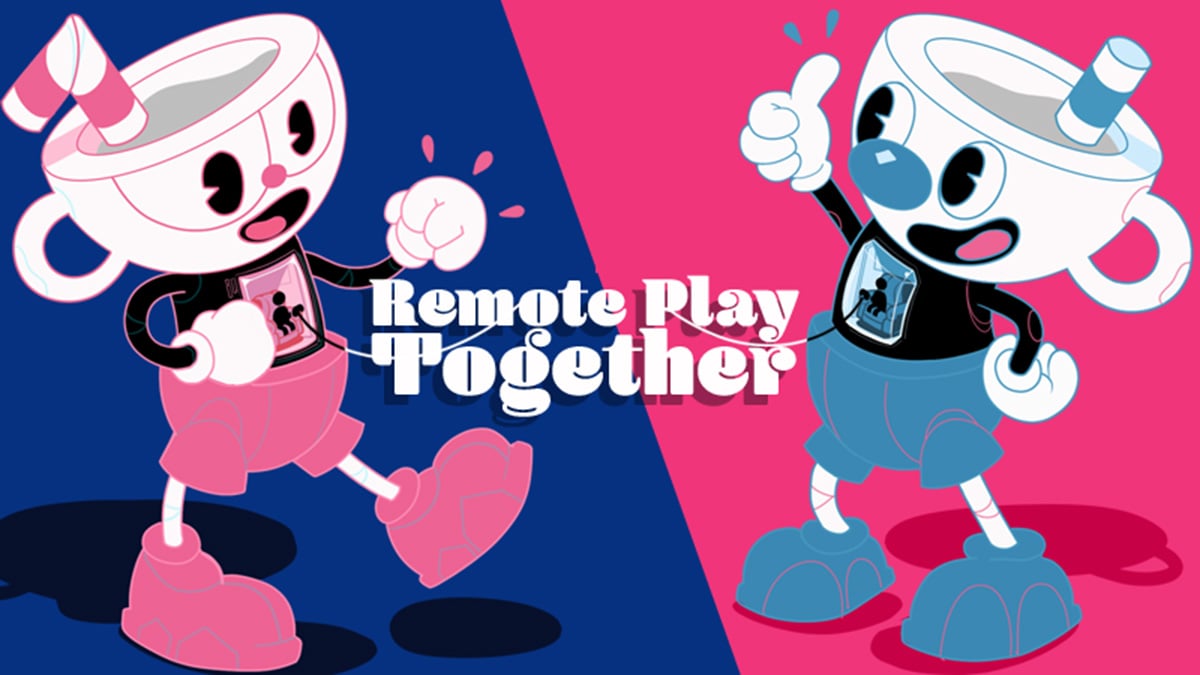
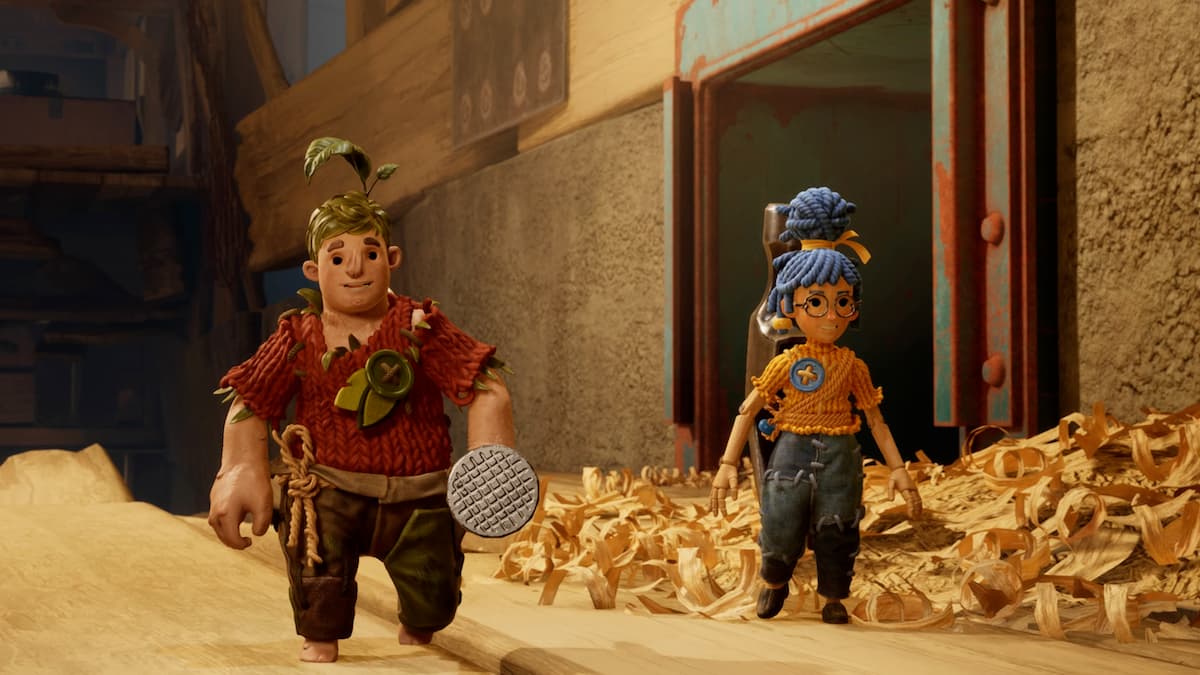
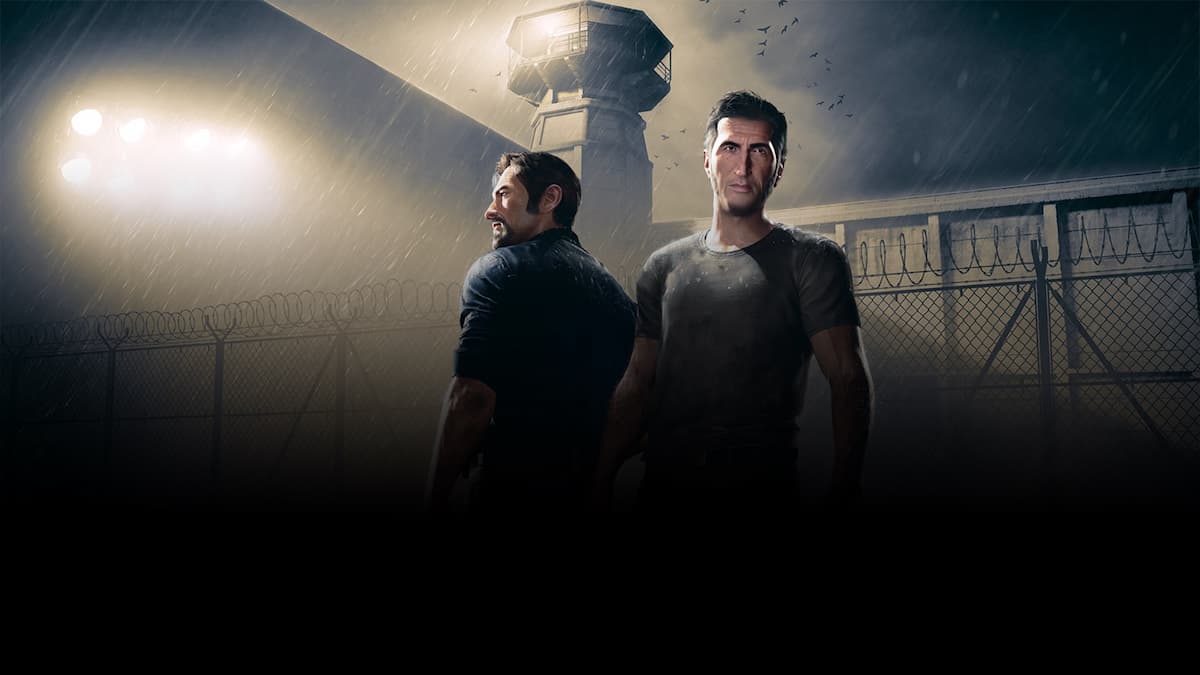
Published: Mar 29, 2021 02:49 pm